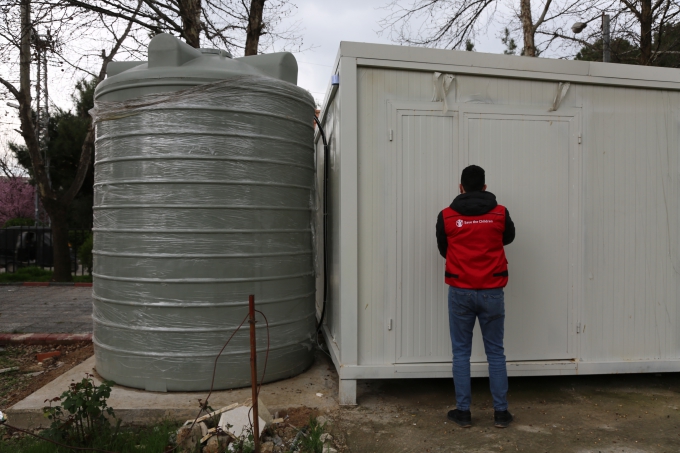Solar Power: Illuminating Communities with Clean Energy Sustainability
In Talaya, a rural village nestled amidst the Beqaa Governorate, Save the Children stepped in and implemented a pioneering project: a solar power generator to energize the village's main water pump.
The village had long grappled with the absence of government electricity, and the cost of fuel made running generators for more than a few hours an unsustainable luxury. Families faced the burden of purchasing water and navigating the challenges of an economic crisis that made even the most basic necessities unaffordable.
Recognizing this dire need, Save the Children collaborated with donors to implement a groundbreaking solution: a solar power generator to fuel the village's main water pump. This initiative aimed to alleviate the water scarcity plaguing the community, especially as summer approached and water demand surged.
Harnessing the abundant solar energy available, the project deployed 224 strategically positioned solar panels, designed to capture sunlight and convert it into electrical energy. With a total output capacity of 75 kW, the solar power generator ensured sufficient power to operate a 100HP pump, filling the central water reservoir. The project is designed to meet the water requirements of approximately 1,600 Lebanese and 1,000 Syrian refugees residing in the area. The ripple effects of this project extended far beyond the mere provision of water, it breathed life into the community, fostering resilience and empowerment.
One municipal official, Mr. Philip Abou Haidar expressed the collective sentiment of the village, stating, "Families in the village are very excited and happy about this project. It means they can now have water without worrying about the cost, especially during these challenging times."
The project stands as a testament to the power of clean energy in combating climate change. By harnessing solar power, the village reduced its reliance on fossil fuels, mitigating carbon emissions and contributing to a healthier planet for future generations.
Not far away, in Saadnayel, another town in the heart of the Beqaa Governorate, Save the Children, in collaboration with donors, is executing a vital water fountain project aimed at fulfilling the clean drinking water requirements of both the host community and refugees through solar generated power as well. This initiative encompasses the installation of a water fountain featuring six taps exclusively designed for drinking purposes. The primary highlight of this system lies in its utilization of reverse osmosis filtration technology, guaranteeing the provision of clean and safe water to the communities. This cutting-edge technology employs a multi-stage filtration process to eliminate impurities, contaminants, and pathogens from the water.
Access to clean and safe drinking water plays a crucial role in promoting better health outcomes and mitigating the risk of waterborne diseases among the local communities, encompassing both the host and refugee populations. While the project is currently underway, its scope aims to cover approximately 4,000 residential units. The mayor of Saadnayel, Mr. Hussein Al Chobasy, emphasized the significance of this project, stating, “it will be immensely beneficial for everyone,” he continued “despite the availability of water, its cleanliness has been a concern, particularly highlighted during the cholera outbreak last year, where tests revealed numerous cholera cases attributed to water contamination. We are committed to ensuring that our communities have access to free clean water, especially considering the economic crisis and the financial challenges faced by many, where even purchasing water has become costly.”
 Lebanon
Lebanon 

